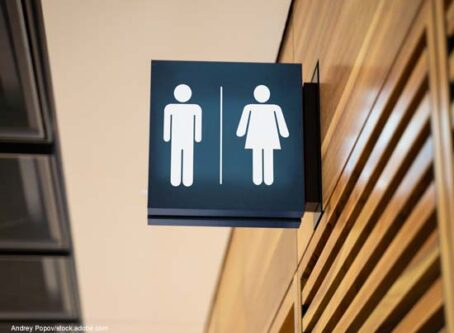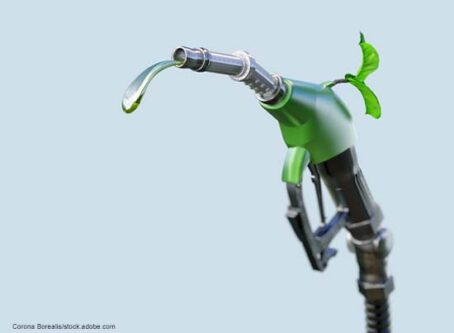Office of Inspector General to investigate allegations of collusion between EPA, Volvo
The Office of Inspector General for the U.S. Environmental Protection Agency will investigate allegations that members of the agency colluded with Volvo representatives to prohibit the use of glider vehicles.
In response to congressional requests for an investigation, Patrick Gilbride, a director in the Office of Audit and Evaluation, announced in a memorandum on Sept. 4 that the Office of Inspector General will conduct an audit.
“As part of this audit, the OIG will examine the selection, acquisition and testing of glider vehicles at the EPA’s National Vehicle and Fuel Emissions Laboratory, as well as the EPA’s planning for this testing,” Gilbride wrote in the memorandum.
In recent months, lawmakers sent letters to the Office of Inspector General, alleging that employees of the EPA and Volvo representatives worked together to conduct an emissions test on glider vehicles assembled by Fitzgerald Glider Kits. Volvo allegedly purchased the gliders for the EPA to perform the tests without reaching out to Fitzgerald.
“On Nov. 20, 2017, the EPA employees produced a report on the emissions testing performed on the Volvo-provided gilders,” Rep. Greg Gianforte, R-Mont., wrote to the EPA in June. “Their report concluded the tested glider vehicles produced higher pollutant emissions than conventionally manufactured trucks. The report also stated when the lab received the first glider tested, its check engine light was illuminated. The emails obtained by the committee show the Volvo employee arranged to provide the glider to the EPA but do not definitively show whether Volvo or the EPA employees intentionally used a malfunctioning vehicle in order to influence the outcome of the emissions testing.”
Gianforte also said that his committee obtained information that shows some EPA employees submitted the test results to the public rulemaking docket without the knowledge or approval of EPA leadership.
Lawmakers Bill Posey, R-Fla.; Brian Babin, R-Texas; James Comer, R-Ky.; and Steve King, R-Iowa, also sent a letter to the OIG in June, asking for an investigation.
“It is our understanding that a major original equipment manufacturer and its affiliates lobbied the EPA to secure a prohibition on glider trucks in the (greenhouse gas) Phase 2 rule in 2016,” the letter stated. “When EPA Administrator Scott Pruitt repealed the current glider rule, career employees at the EPA communicated with (Volvo) with the intent of eliminating the glider industry. In our opinion, EPA’s conduct undermines the current administration’s policies and prevents a repeal of the rule.
“(Volvo) proposed testing the emissions of gliders in 2017. This test was performed unbeknownst to Administrator Pruitt. Over a three-month period, (Volvo) allegedly located and purchased glider truckers for the EPA to test. The EPA would purportedly run the emissions testing according to specifications provided by (Volvo). We have serious concerns about these testing methods. At the very least, the EPA’s testing methods were highly questionable and should not be recognized.”
In November, the EPA proposed a rule to repeal emissions requirements for glider vehicles, glider engines, and glider kits. The EPA said the proposal was based on an interpretation of the Clean Air Act under which “glider kits would not be treated as incomplete new motor vehicles.” Under the proposed interpretation, EPA would lack the authority to regulate the gliders.
Simply put, the EPA said that gliders aren’t new trucks and that they shouldn’t be regulated like new trucks.
The comment period on the proposed repeal ended Jan. 5. The EPA received more than 24,000 comments. Many truck drivers and members of the glider kit industry spoke favorably of the rule, while many environmental groups and the American Trucking Associations opposed the repeal.
The repeal was never made a final rule, but the EPA announced in July that it would delay enforcement of a cap on the number of glider vehicles through 2019. However, the EPA reversed that decision on July 27 after environmentalist groups filed a lawsuit over the decision not to enforce the regulation.









